After the Sept. 11, 2001 terrorist attacks, a commission formed to figure out why the attacks occurred. One of the culprits, according to the commission’s 9/11 report, was “lack of imagination.”
With few exceptions, the report stated, government officials could not imagine that Osama bin Laden and his affiliates, hidden in a remote part of Afghanistan, could strike at the heart of America’s financial, military and political power.
“To us, Afghanistan seemed very far away,” the report stated. “To members of al Qaeda, America seemed very close. In a sense, they were more globalized than we were.”
Prior to 9/11, according to the report, few colleges or universities offered courses in Middle Eastern languages or Islamic studies. The commission maintained that this made it difficult to recruit officers qualified for counterterrorism. Even though the U.S. has funded programs in foreign languages and area studies since the Cold War, the 9/11 attacks exposed our comparative ignorance of the Middle East.
The Duke-UNC Consortium for Middle East Studies would seem to represent the answer to the 9/11 report’s call for a broader educational approach to national security. Founded in 2005, the consortium has a substantial number of students studying foreign languages. The program has 300 students studying Arabic, 44 studying Persian, and 91 students studying Urdu, the highest enrollment in Urdu language courses in the United States. Lack of Arabic linguists has been cited as one of the reasons the United States missed critical messages sent by al–Qaiida about the 9/11 attacks a day before they occurred.
The Duke-UNC’s program teaches on topics such as cybersecurity and countering violent extremism. Students may also take courses on music and movies in the Middle East.
But to the Trump administration, the Duke-UNC consortium isn’t doing what it’s supposed to do when it teaches students about Middle Eastern culture through movies, music and concerts.
A ‘fundamental misalignment’
In August, assistant secretary for postsecondary education Robert King told the Duke-UNC consortium they were using federal funds the wrong way. In a letter published in the “Federal Register,” King informed the consortium that they are spending Title VI funds on unauthorized activities. Title VI of the Higher Education Act funds, among other things, strengthening undergraduate education, research on different areas of the world, and improvement of foreign language training.
“Although Iranian art and film may be of subjects of deep intellectual interest,” King explained, such offerings represent “a fundamental misalignment” between the course offerings and Title VI’s requirement that the programming advance the “security, stability, and economic vitality of the United States.”
In his letter, King criticizes the consortium for using federal money to support the writing of a paper titled “Radical Love: Teachings from Islamic Mystical Tradition.” He also had a problem with the program sponsoring a concert series that included a performance by hip hop artist Marco Pavé, also known as the “millennial Muslim from Memphis.”
In my view as a political scientist who has written extensively about Islamic political thought, I maintain that these kinds of cultural programming can support America’s national security interests widely construed.
Movies teach a society what other peoples think and feel. They also offer insights into what their legitimate grievances are, such as American support for the Shah before the Iranian Revolution, and what attracts other people to America, such as freedom and music. Films such as “Persepolis” – about an Iranian girl who grows up during the Islamic Revolution – help to humanize Iranians and shed light on the complex relationship they have with Islamic fundamentalism.
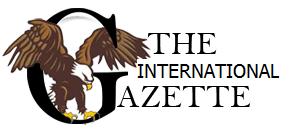
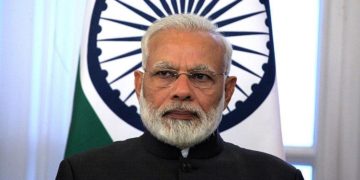
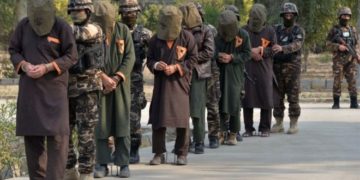







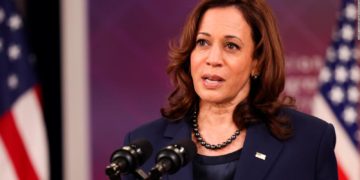
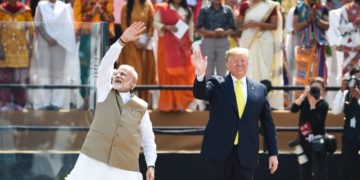
















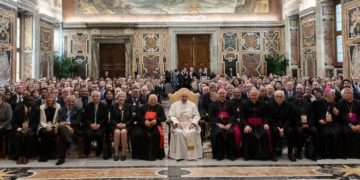




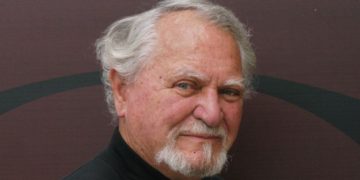
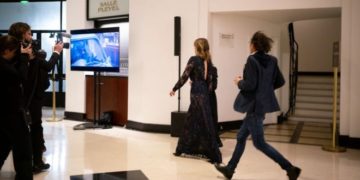

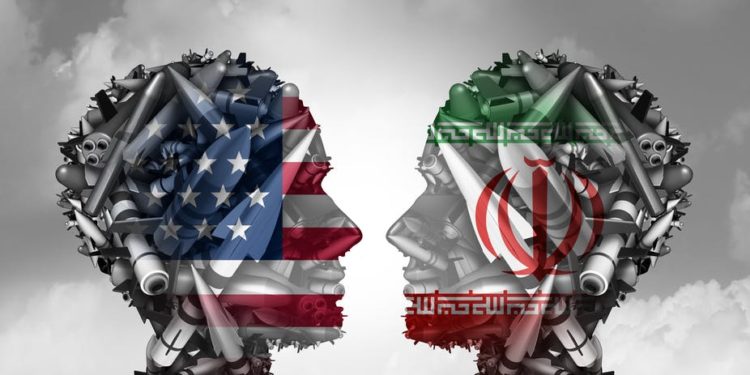






Discussion about this post